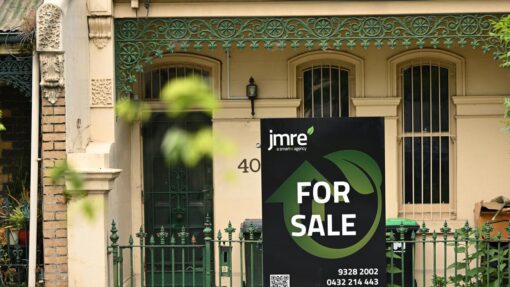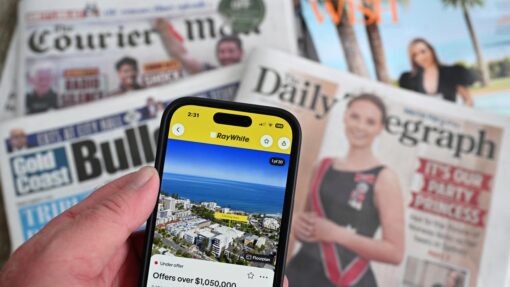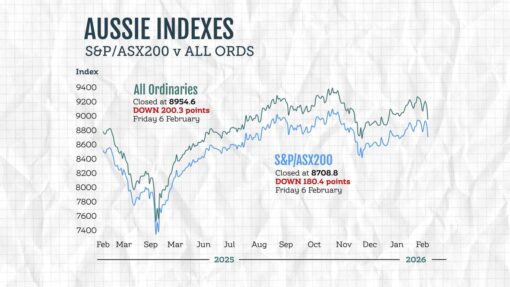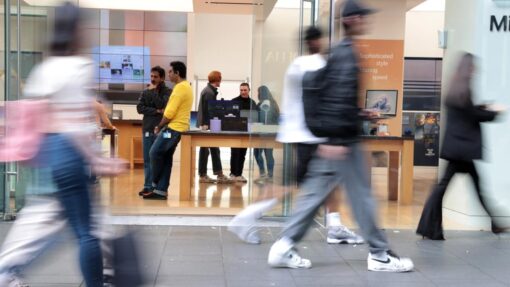‘Makes no sense’: Aussie musicians dudded on radio fees
Liz Hobday |
Australian radio stations are playing music by local artists for a fraction of what it’s worth, a parliamentary hearing has been told.
Laws made in 1969, a year that gave rise to some classic hits, still determine the fees paid to artists today, music executives told the hearing on Friday.
“At the moment we are severely disadvantaged. It makes no sense,” Phonographic Performance Company of Australia (PPCA) chief executive Annabelle Herd said.
Commercial radio stations don’t have to pay any more than one per cent of their revenue for all of the music they broadcast, she said.
This totals about $4 million a year across 260 stations.
For its part, the ABC only has to pay $0.005 per head of population for all of the Australian sound recordings played on its radio network.
This costs the national broadcaster about $130,000 a year, according to PPCA figures.
The music body collects these fees and distributes them to artists and record labels but the rules mean thousands of musicians and labels have been underpaid, Ms Herd said.
The so-called “radio caps” meant artists were effectively subsidising the highly profitable commercial radio sector, she said, and the fees were well below the rates for other countries including the UK and New Zealand.
The Australian Recording Industry Association, of which Ms Herd is also the chief executive, collects copyright royalties for artists separately.
The hearing is examining aspects of the federal government’s national cultural policy launched in February, which will establish an overarching industry body called Music Australia.
Songs by local artists are being drowned out on global streaming platforms – on Spotify for example, 100,000 songs are uploaded every day, according to the PPCA.
That leaves touring as the primary income earner for artists but concerts are not selling well at the moment and punters are buying tickets at the last minute.
Singer-songwriter Josh Pyke, who chairs the PPCA, said Australia needs an overall ecosystem to support up-and-coming musicians.
“We have such amazing talent here. It seems that we’ve succeeded despite government involvement and we could thrive with that holistic approach,” he said.
If an overall plan for the industry could be developed, Australia had the potential to become a global exporter of music similar to the UK, US and Sweden, the hearing was told.
“We have never had a coherent export trade strategy for Australian music and we have a great product here,” Ms Herd said.
There are other challenges too. Australian songs make up just on 12 per cent of the top 100 tunes played on commercial radio, according to artist manager Nathan McLay.
Giving evidence at the hearing, he suggested ABC music station Double J should be expanded and broadcast nationally.
Music Australia will aim to grow the market for Australian music, deliver songwriting education in schools and teach business skills to musicians.
The PPCA took the radio caps issue to the High Court in 2011 but it ruled on a narrow constitutional issue and did not decide on whether the limitations were fair or just.
AAP


